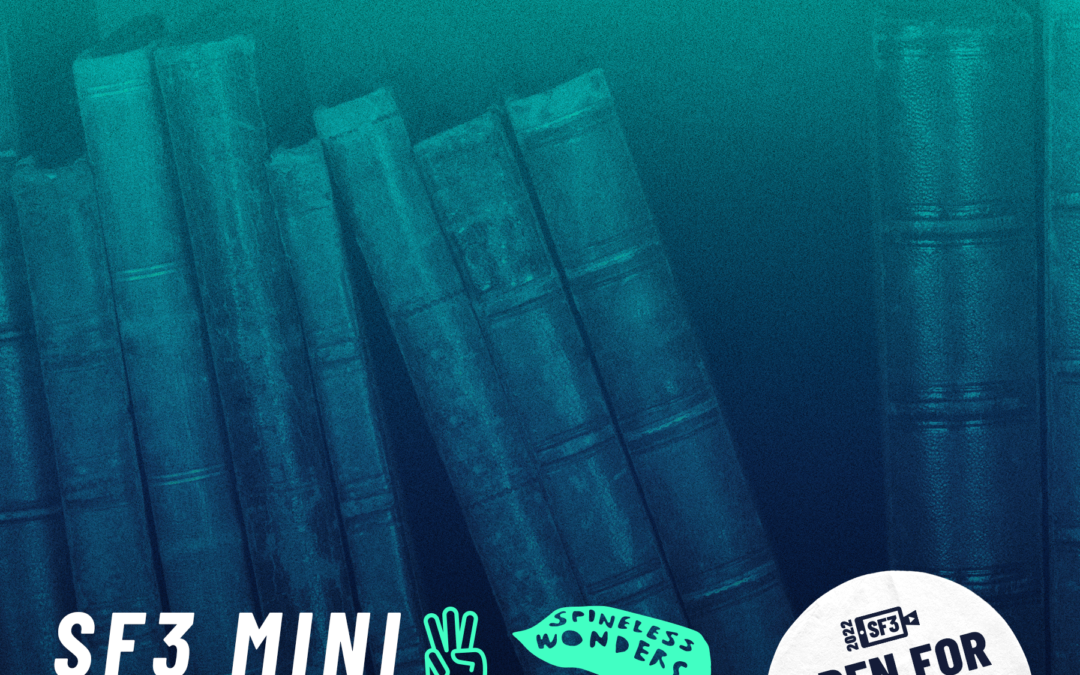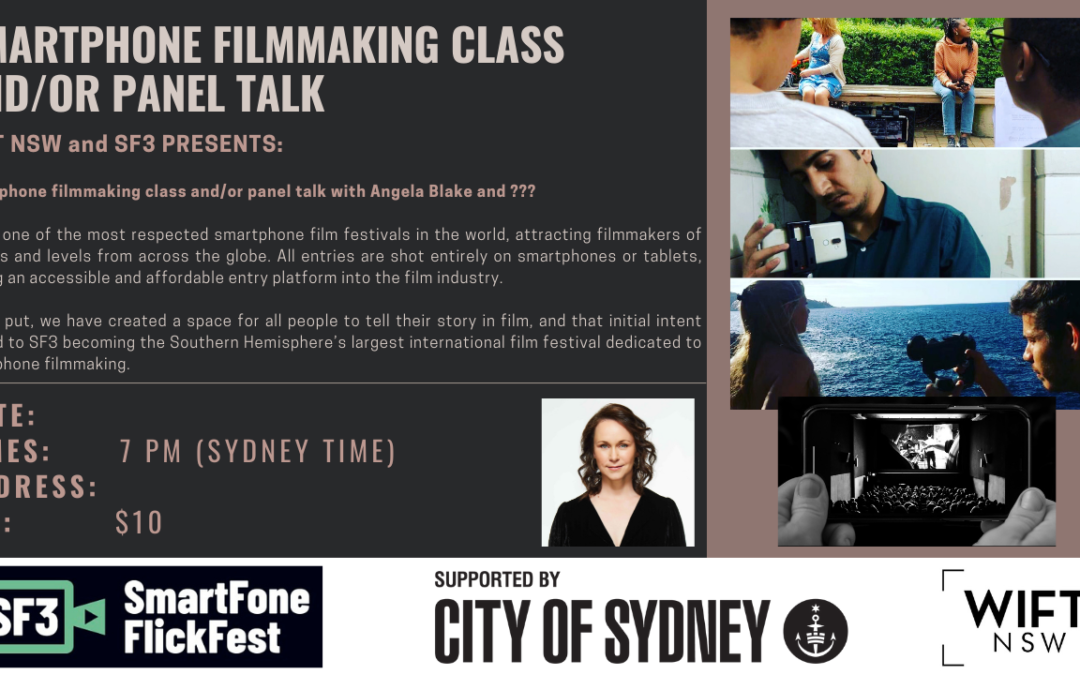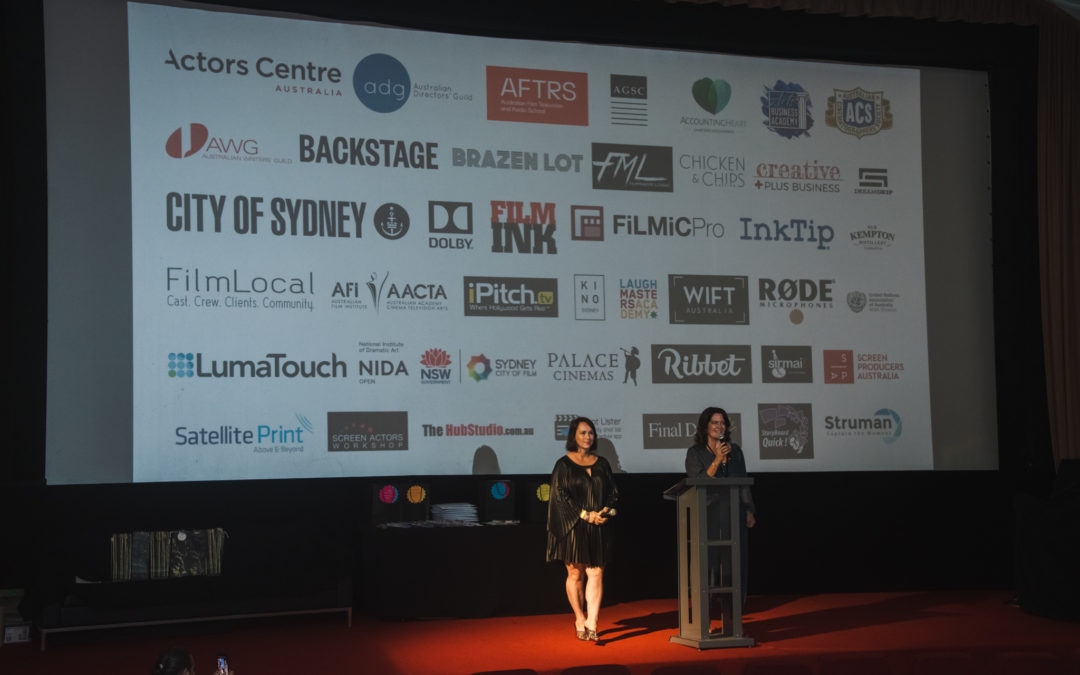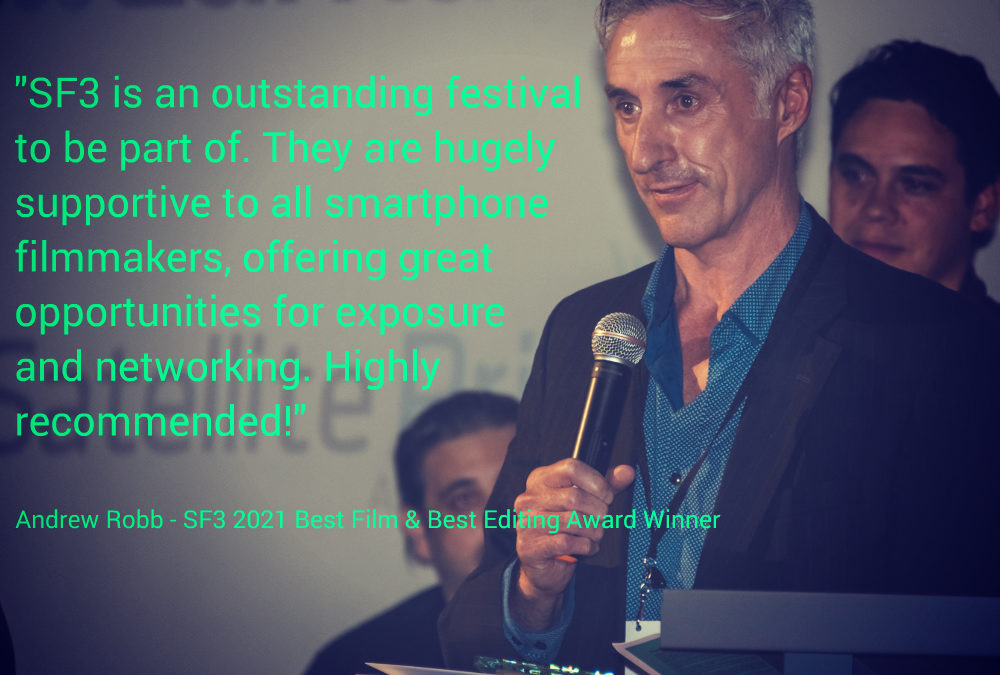The SF3 First Nations Award supported by Dolby is calling for films. We want films from all across Australia from filmmakers of all ages and abilities who identify as Aboriginal and/or Torres Strait Islander. Maybe you’re an emerging or professional filmmaker or maybe you’ve never made a film but have a ripper of an idea and want to give it a go. Dolby is awarding a brand new phone or tablet up to $2000 and $5000 in mentorships from Australia’s leading figures to the winner. So get filming now and enter by August 1st.

Announcing our brand new award!
We are soooooo excited to tell you about our brand new partnership and SF3 Award – The SF3 & Spineless Wonders Microlit Film Award.
Are you a short filmmaker on the lookout for great plot ideas? You are in luck. Publisher, Spineless Wonders Short Australian Stories has curated a selection of microliterature for a brand new SF3 award. These half-page texts are written by contemporary Australian writers. These fully-rounded narratives are packed with interesting characters and themes. They are mini-stories just waiting for you to turn them into engaging mini-films.
Each author has given permission for their work to be included in the SF3 awards. The film you create could be an adaptation which sticks closely to the original text or it could draw on aspects of the text as inspiration. The only requirement to use one of the texts is that you include the author and title of their piece in your film’s credits. For instance, ‘Adapted from…’/ ‘Based on…’ / ‘Inspired by…’.
If your film is judged best entry in this category, both you and the author will receive prize bags.
Check out the texts here and get adapting – https://sf3.com.au/submit/micro-fictions/

Book now for our masterclass with WIFT NSW
Launching SF3 2022 we are running this incredible masterclass with WIFT NSW. Come along and learn everything you need to know to make professional films on your phone with SF3’s Angela Blake and then award winning filmmaker, Megan Riakos will take you through all the things you need to know to make indie films, distribute them and find film festival success. Happening Wednesday 25th May at The HubStudio in Chippendale in Sydney. Tickets are just $10 and are open to everyone and are made possible with help from the City of Sydney and Screen NSW.
Don’t miss out – https://smartphonefilmmaking.eventbrite.com.au

The new season of SF3 is officially here!
The 8th Season of SF3 is officially here! This means we want your films. All films must be shot on a smartphone or tablet. We encourage filmmakers of all ages and abilities from absolute beginners to Oscar winners and everything in between from every country in the world. Find our more and enter by August 1st.
Enter across our 5 categories:
1. Our Gala Finals Official Selection for films up to 20 mins
2. Our SF3 Kids for films made by filmmakers 16 and under at the time of filming and to a max of 10 mins
3. Our Feature Film category
4. Our Mini category of films up to 3 mins with the inspiration of FREE
5. SF360 for 360, VR & AR films up to 20 mins

The reviews of SF3 2021 are in!
Thinking of making a film for us this year? Be inspired by these reviews from our 2021 filmmakers.